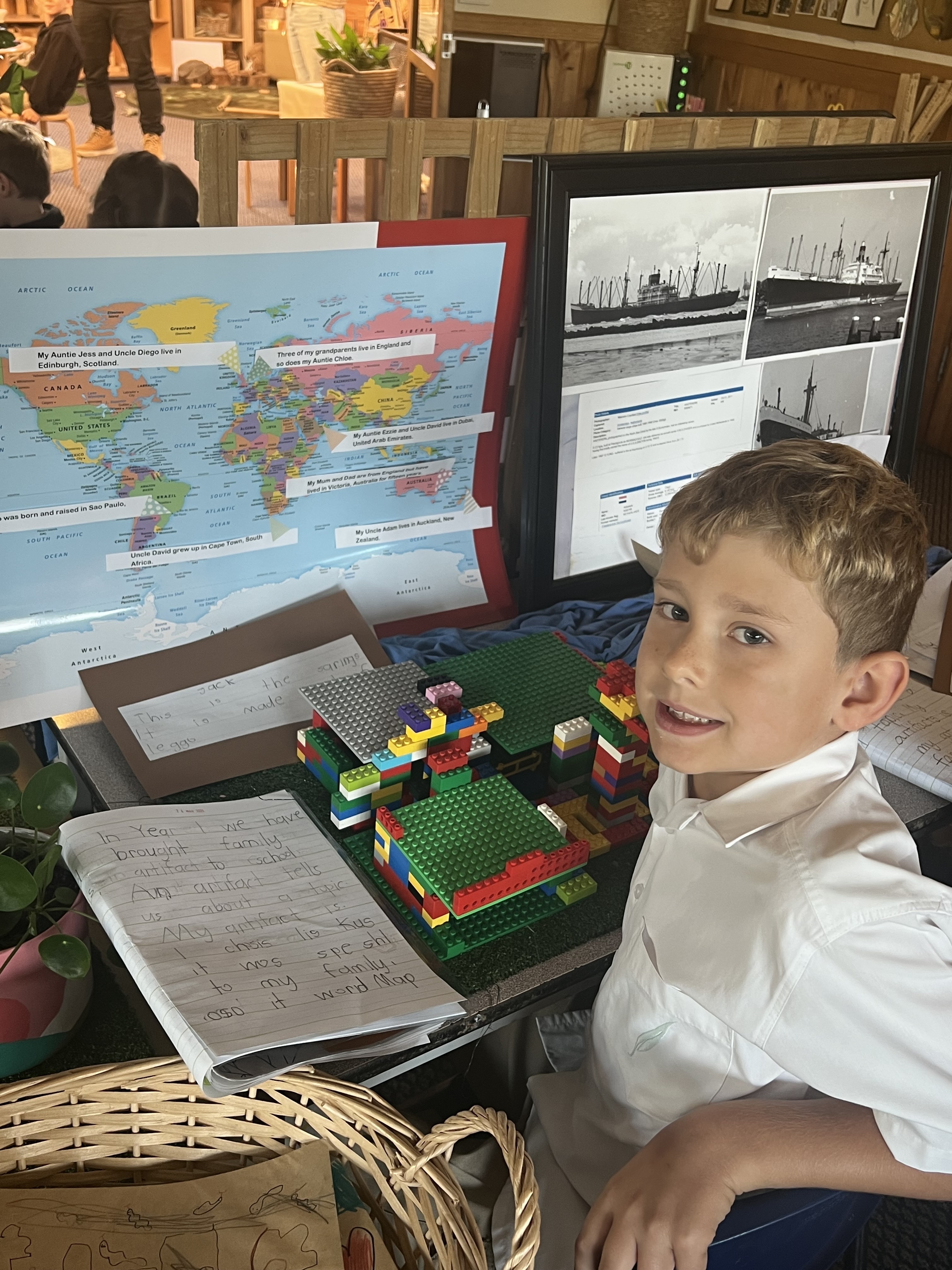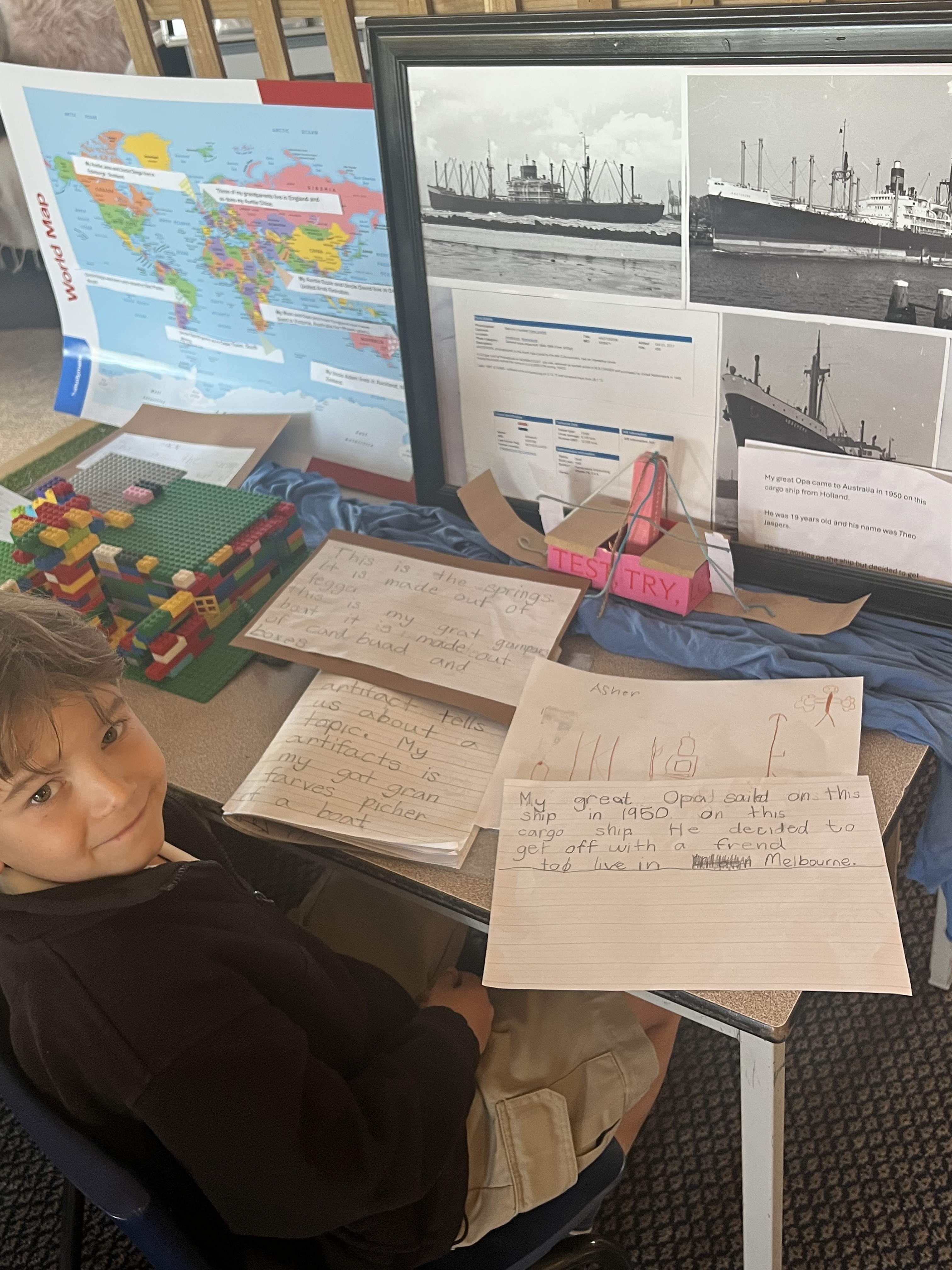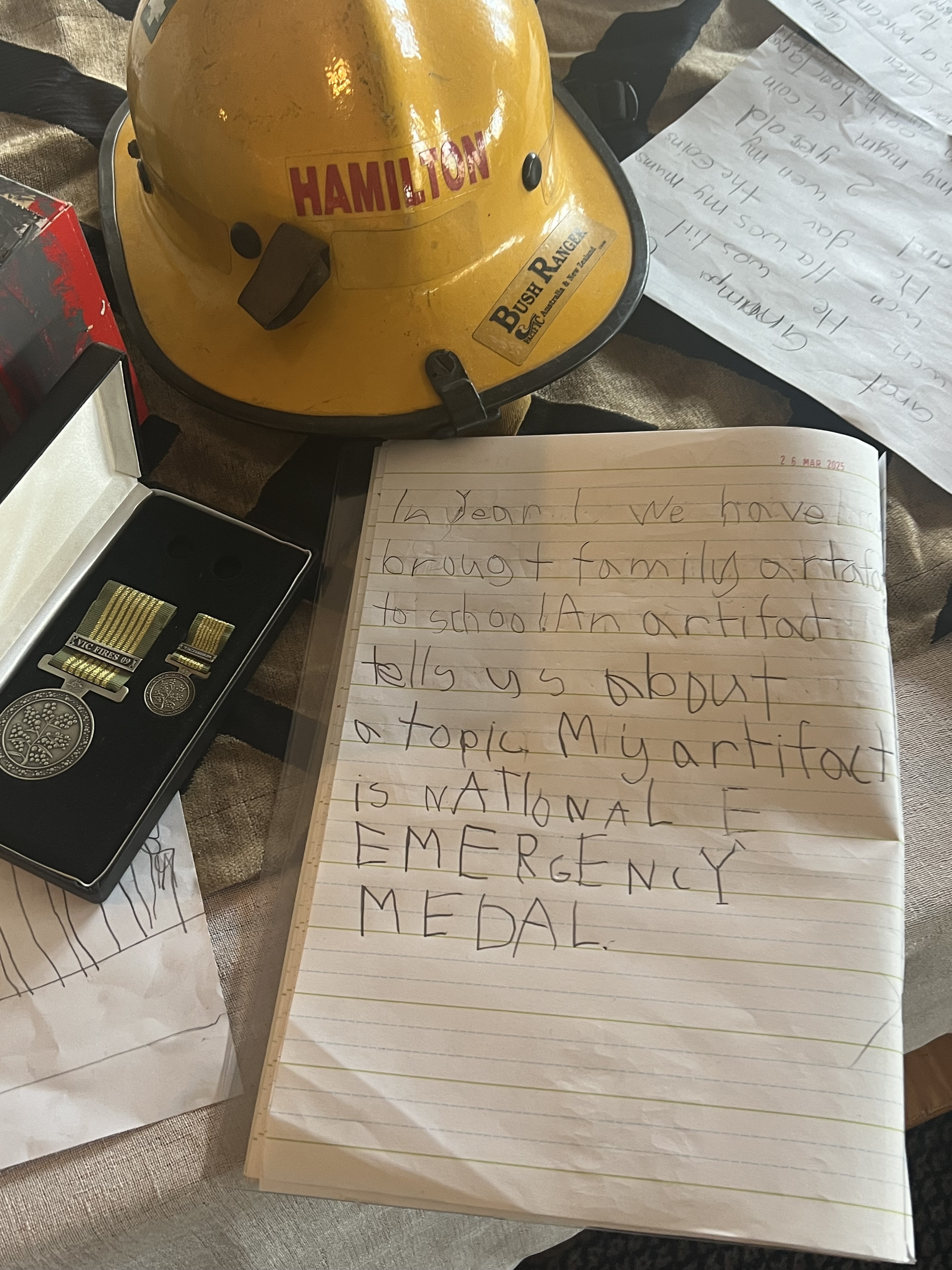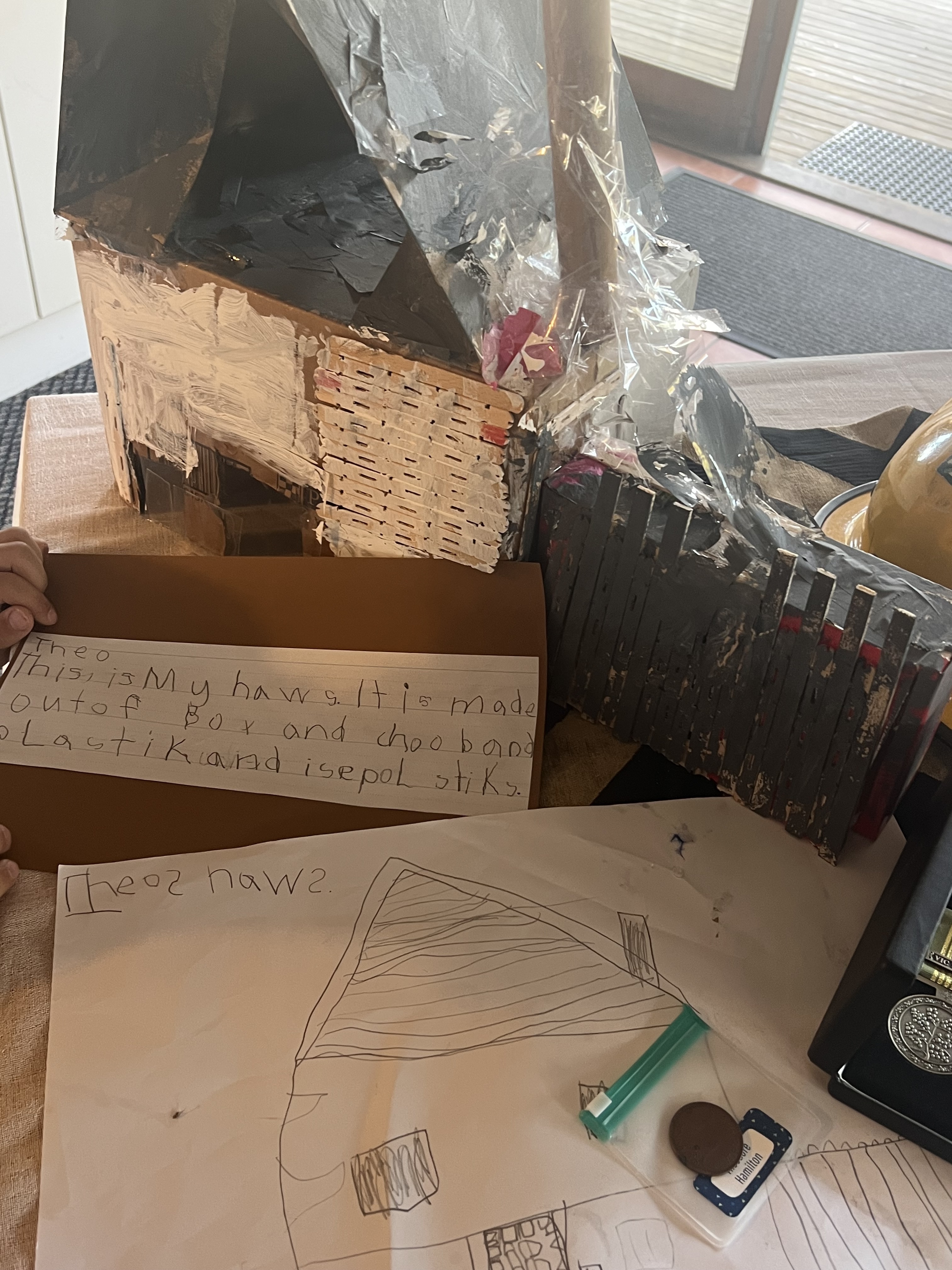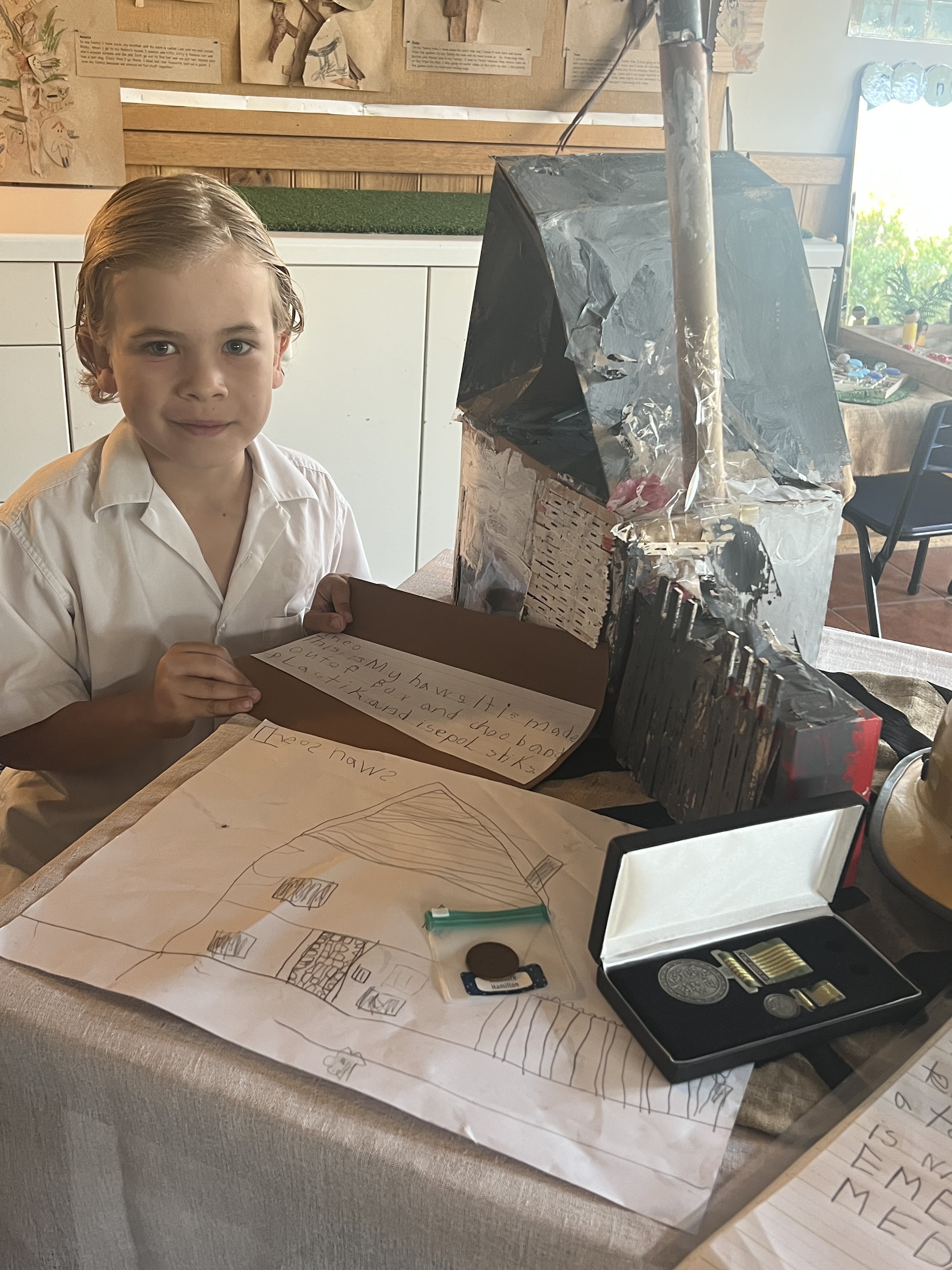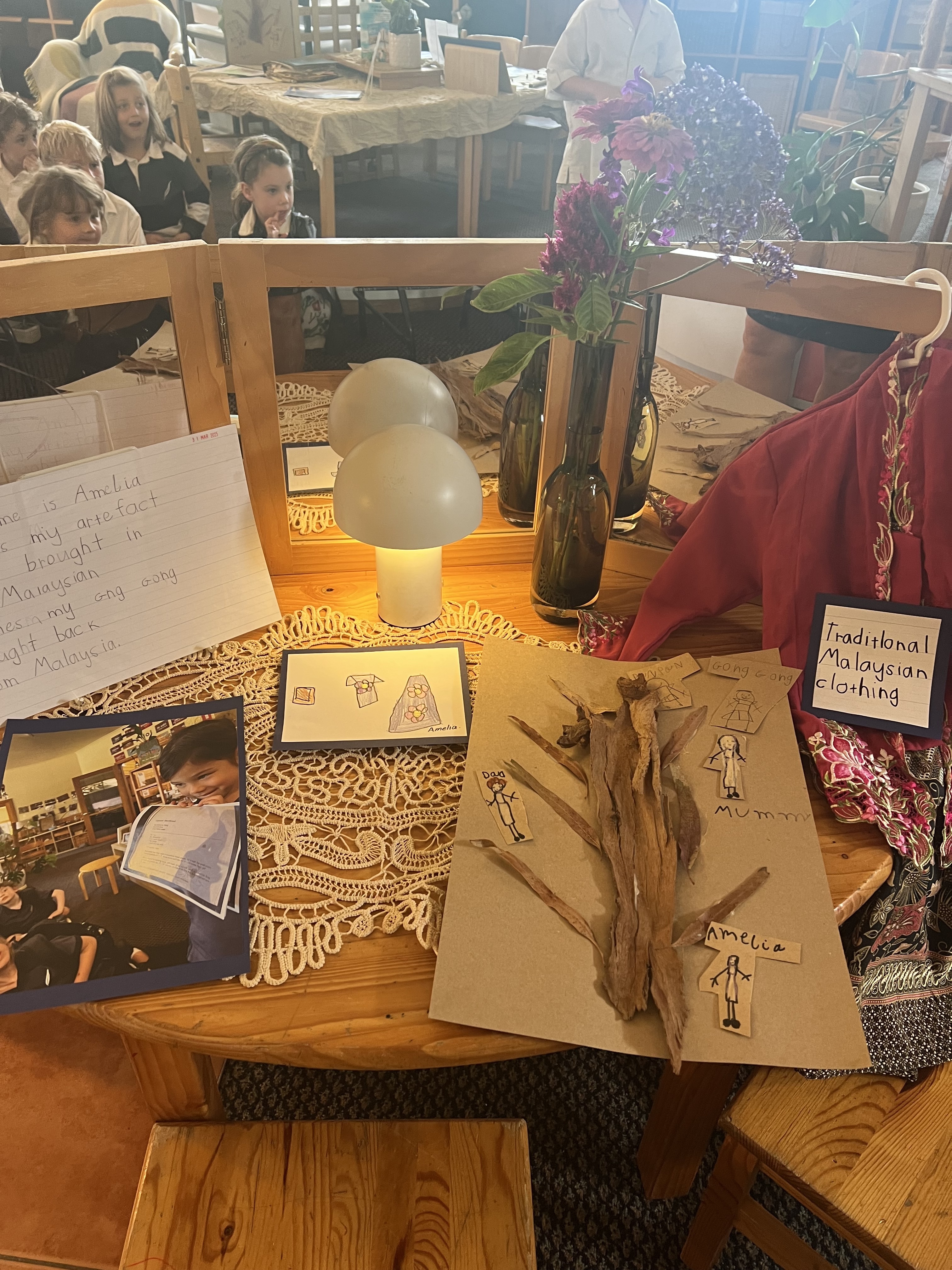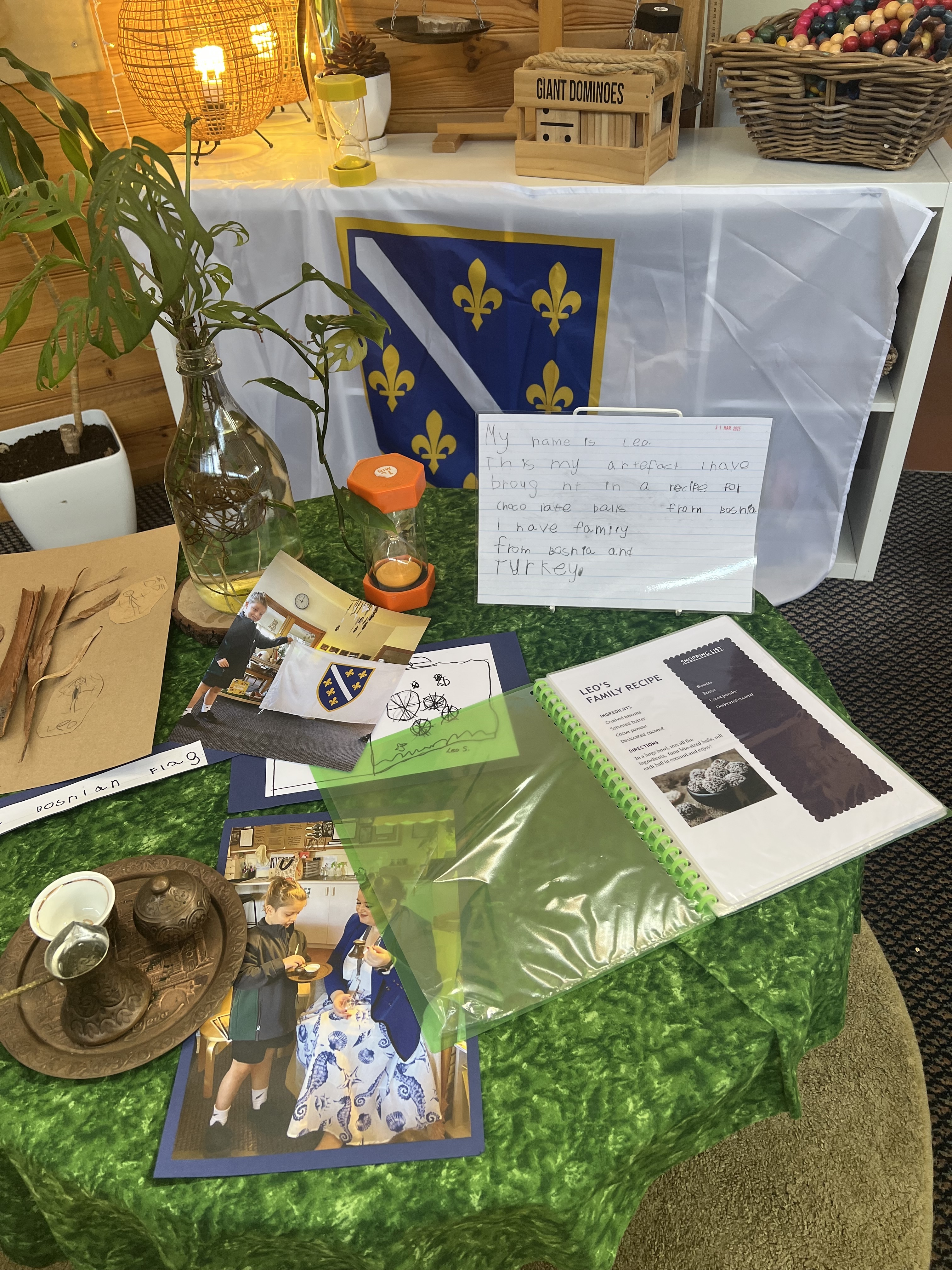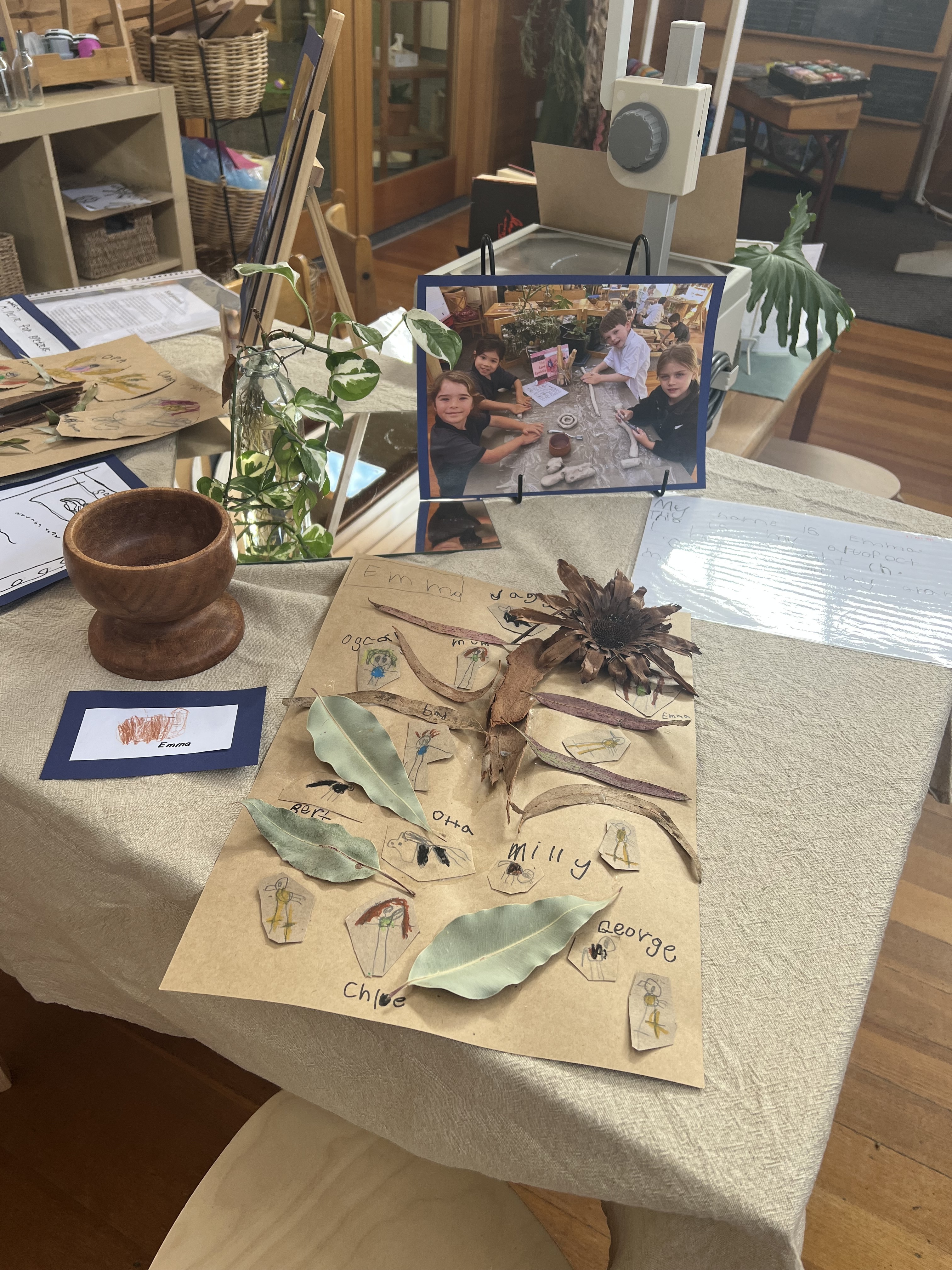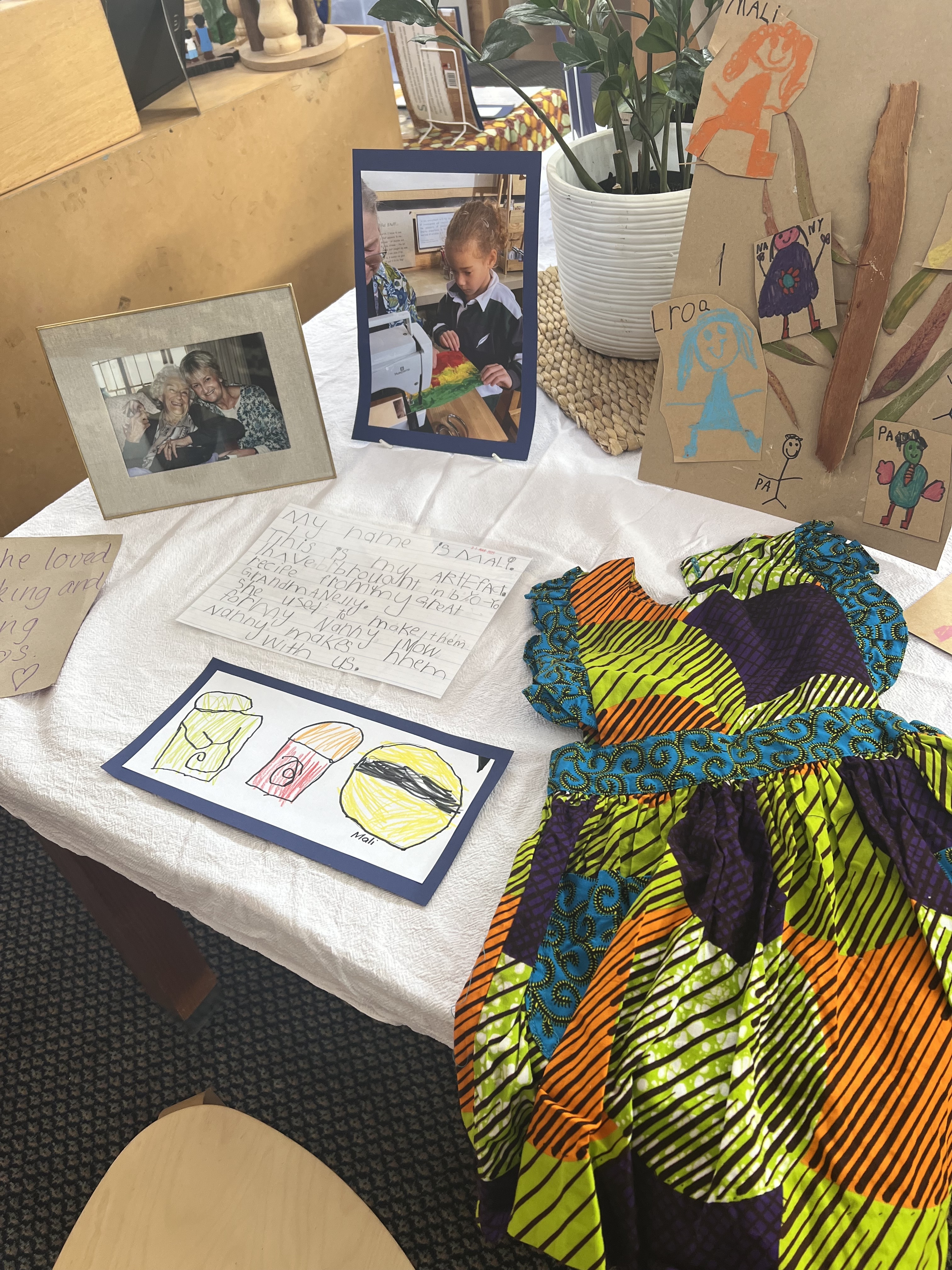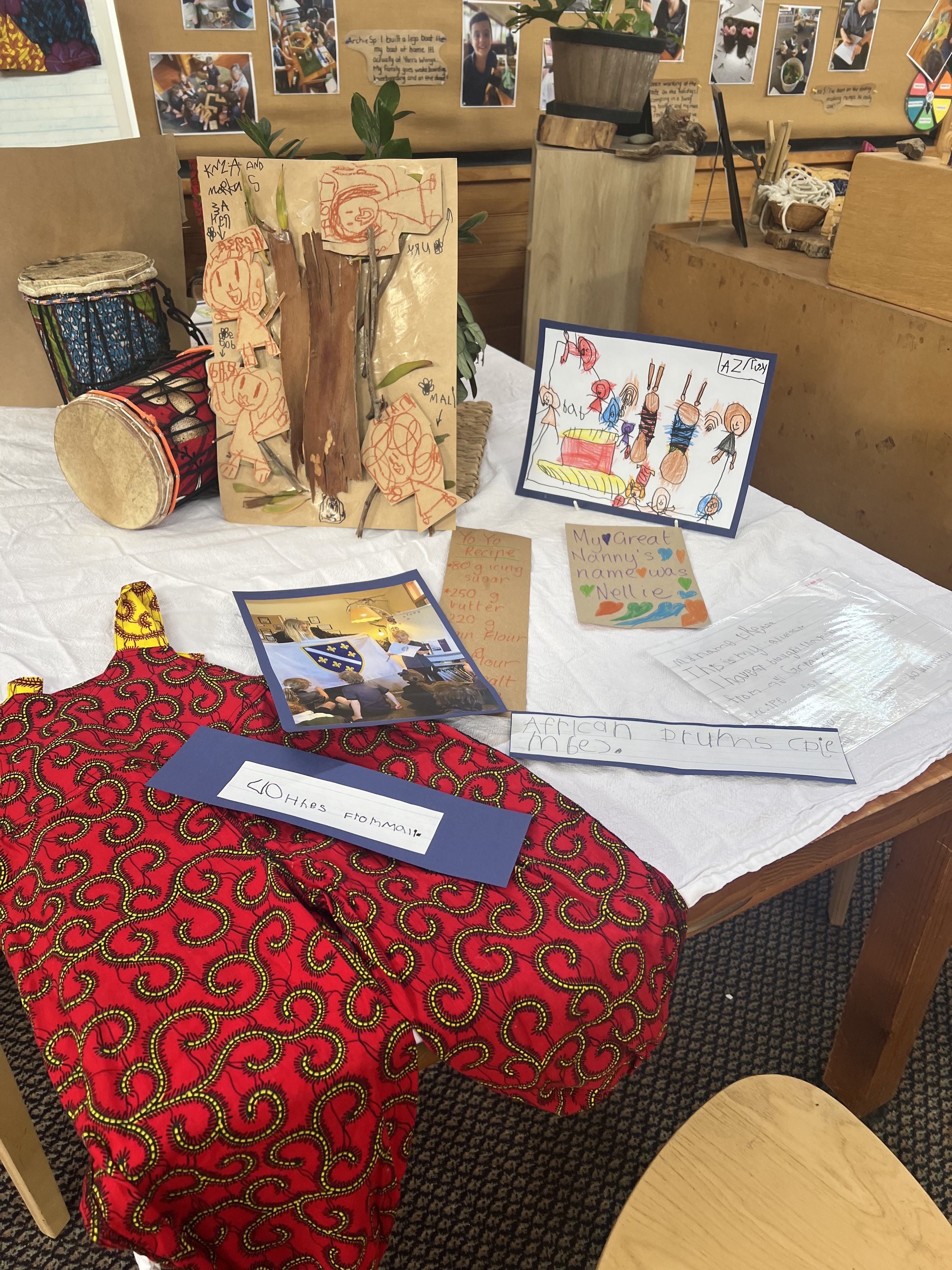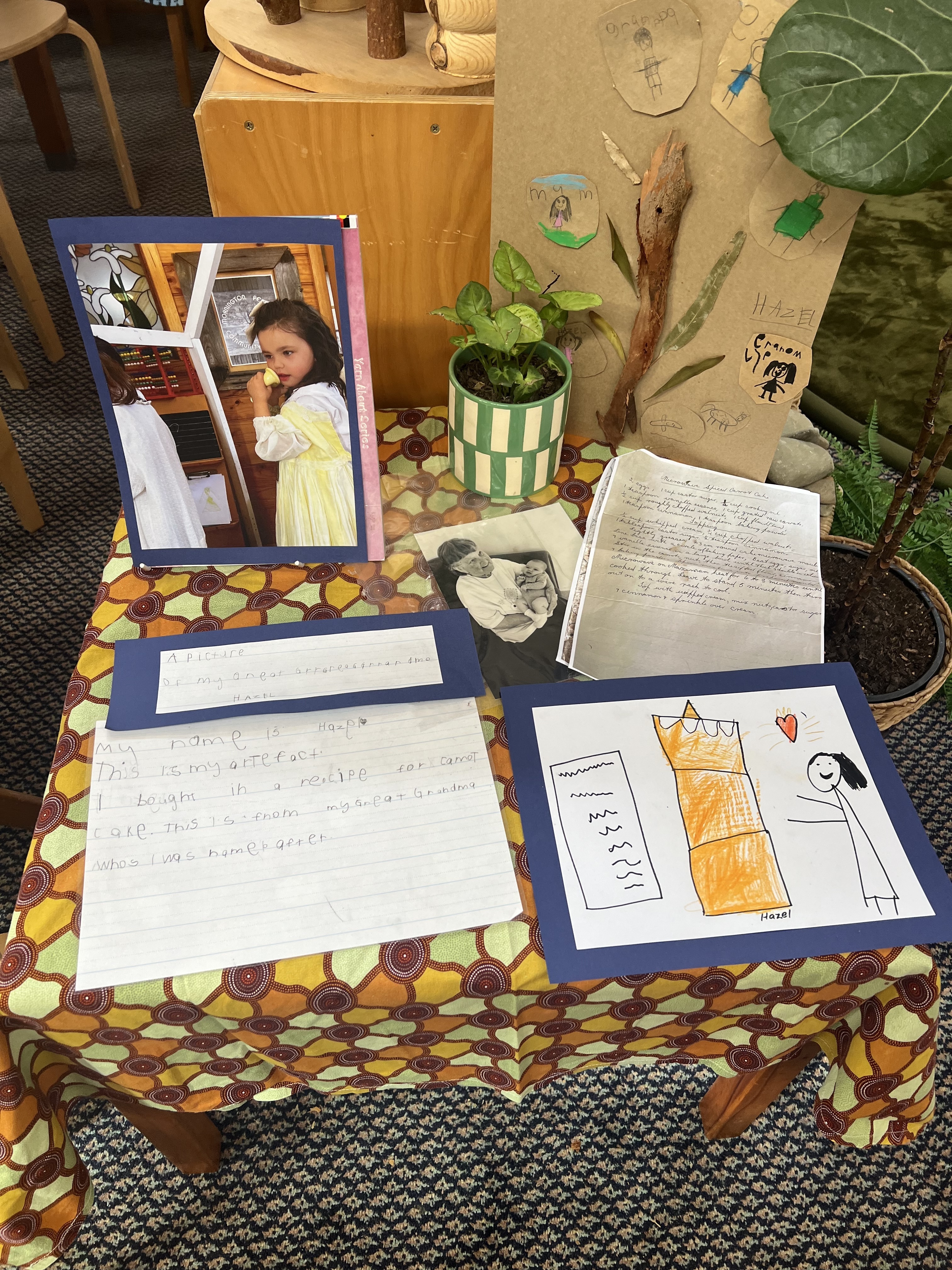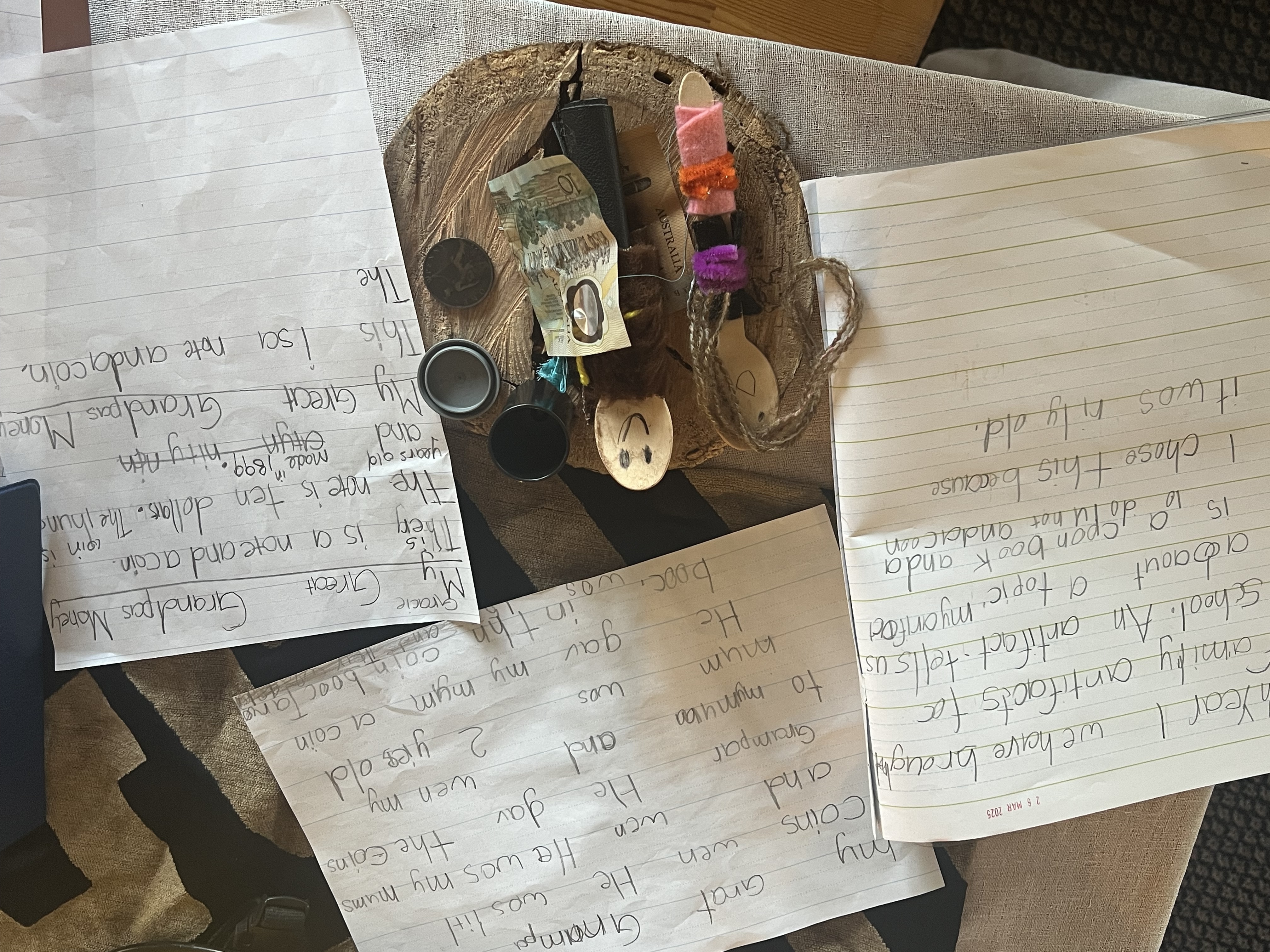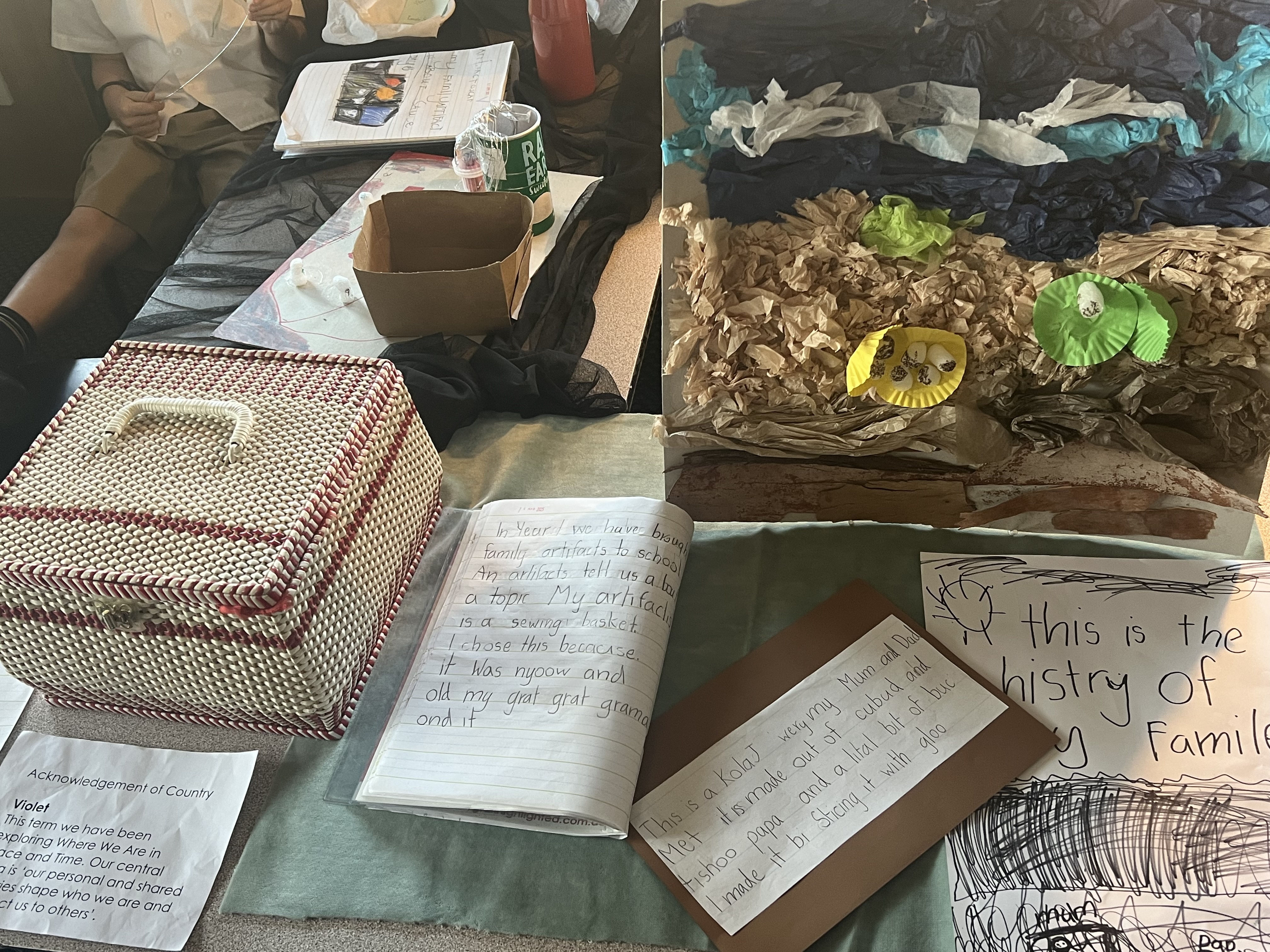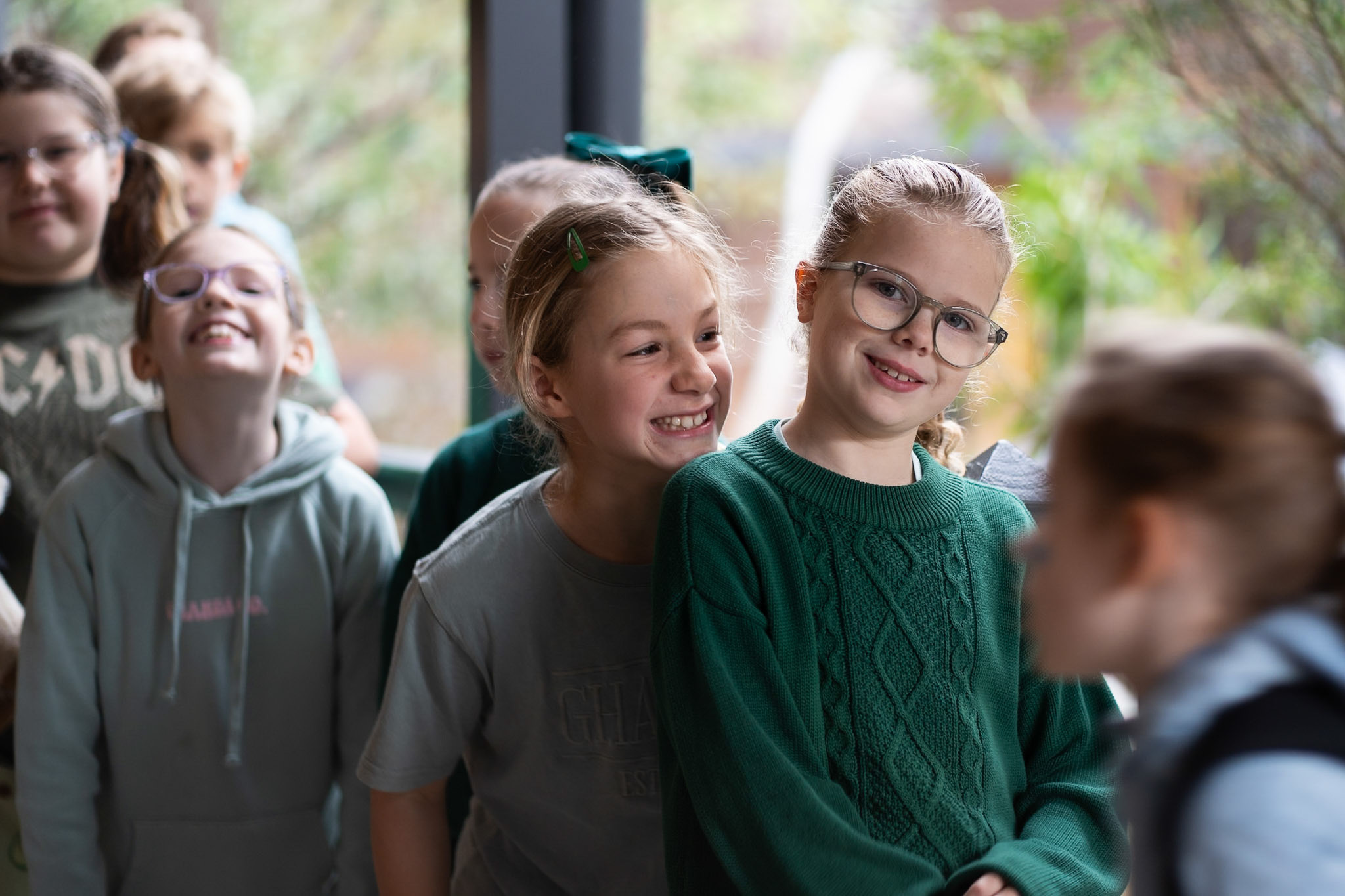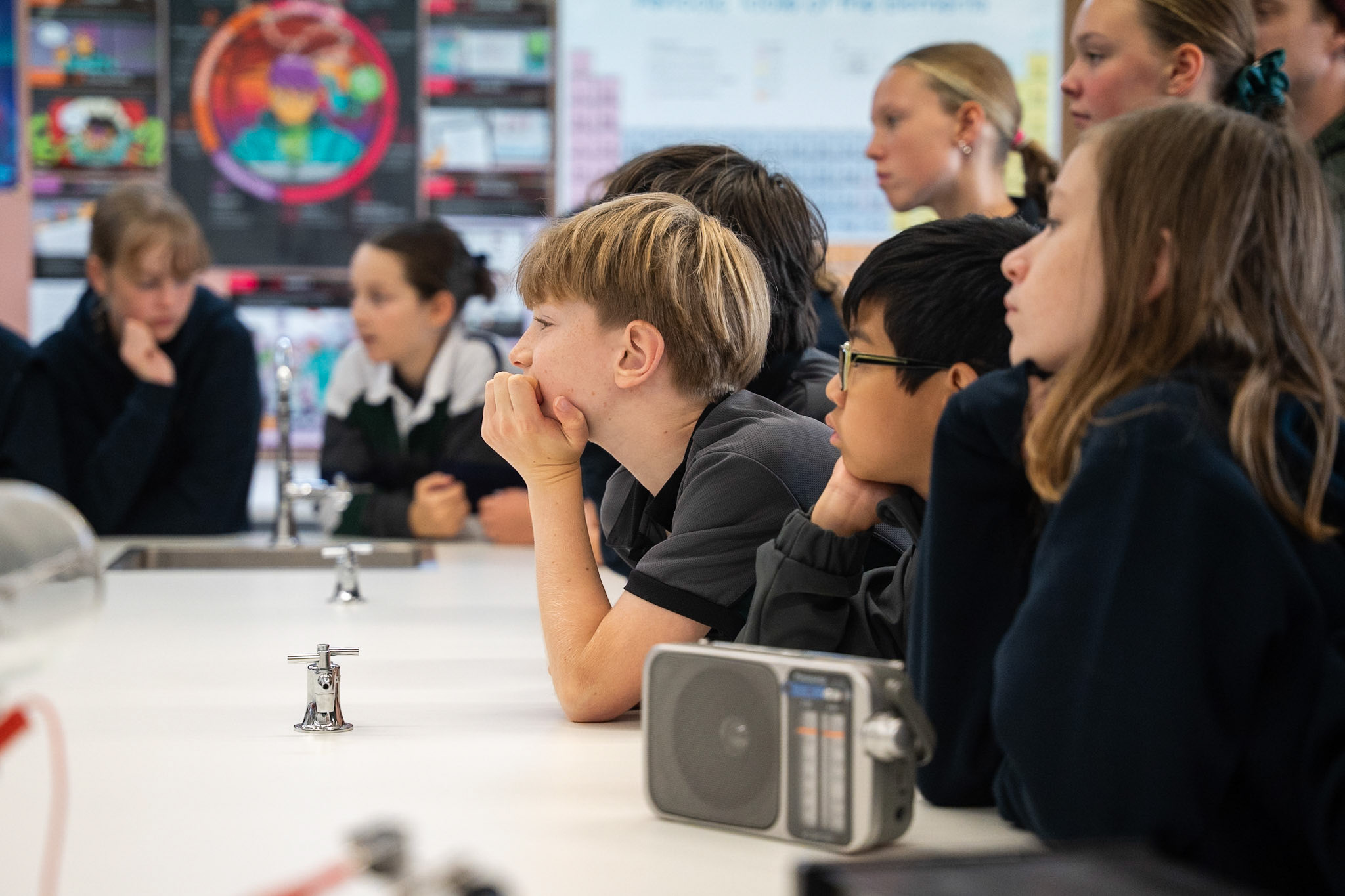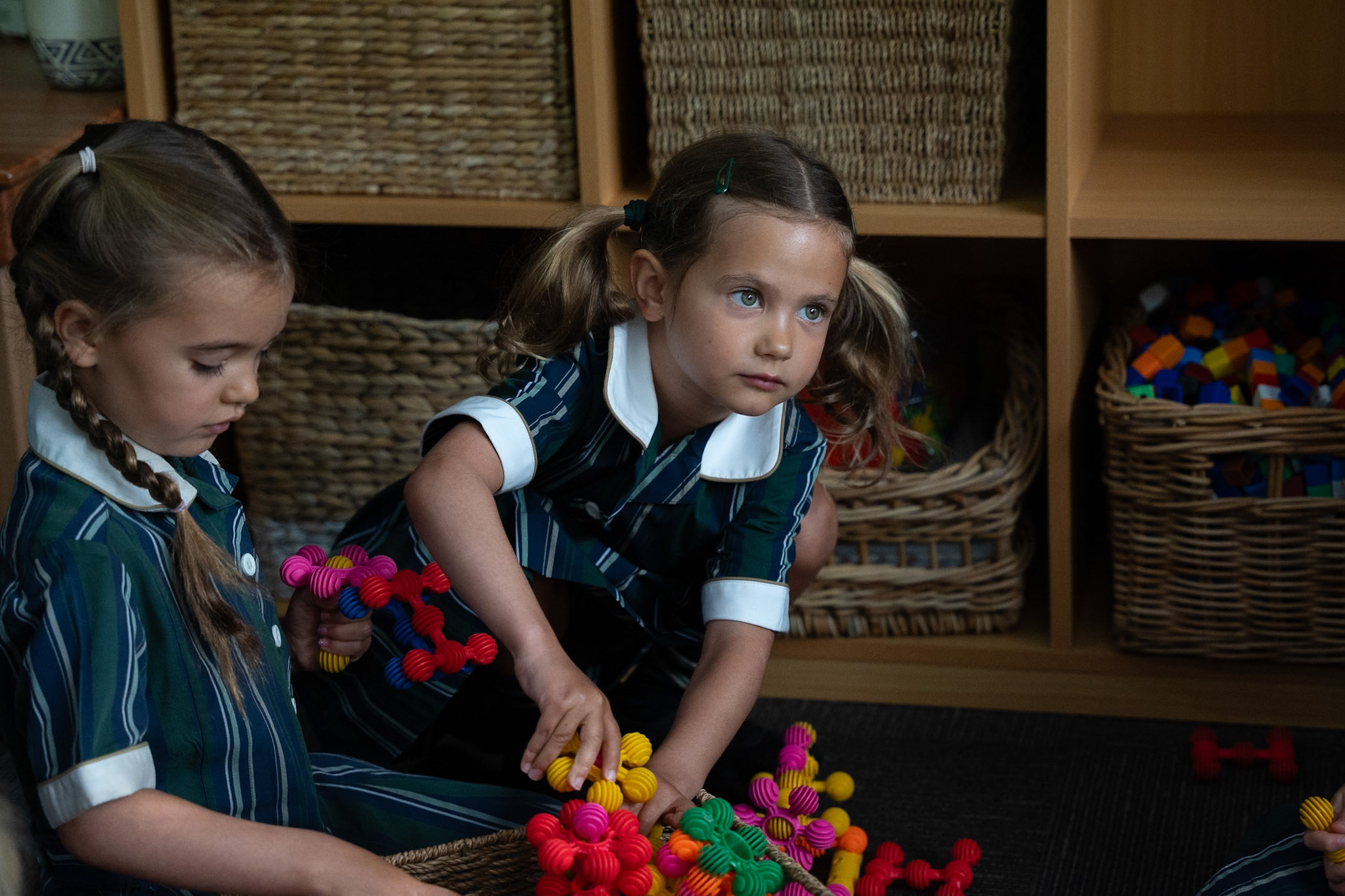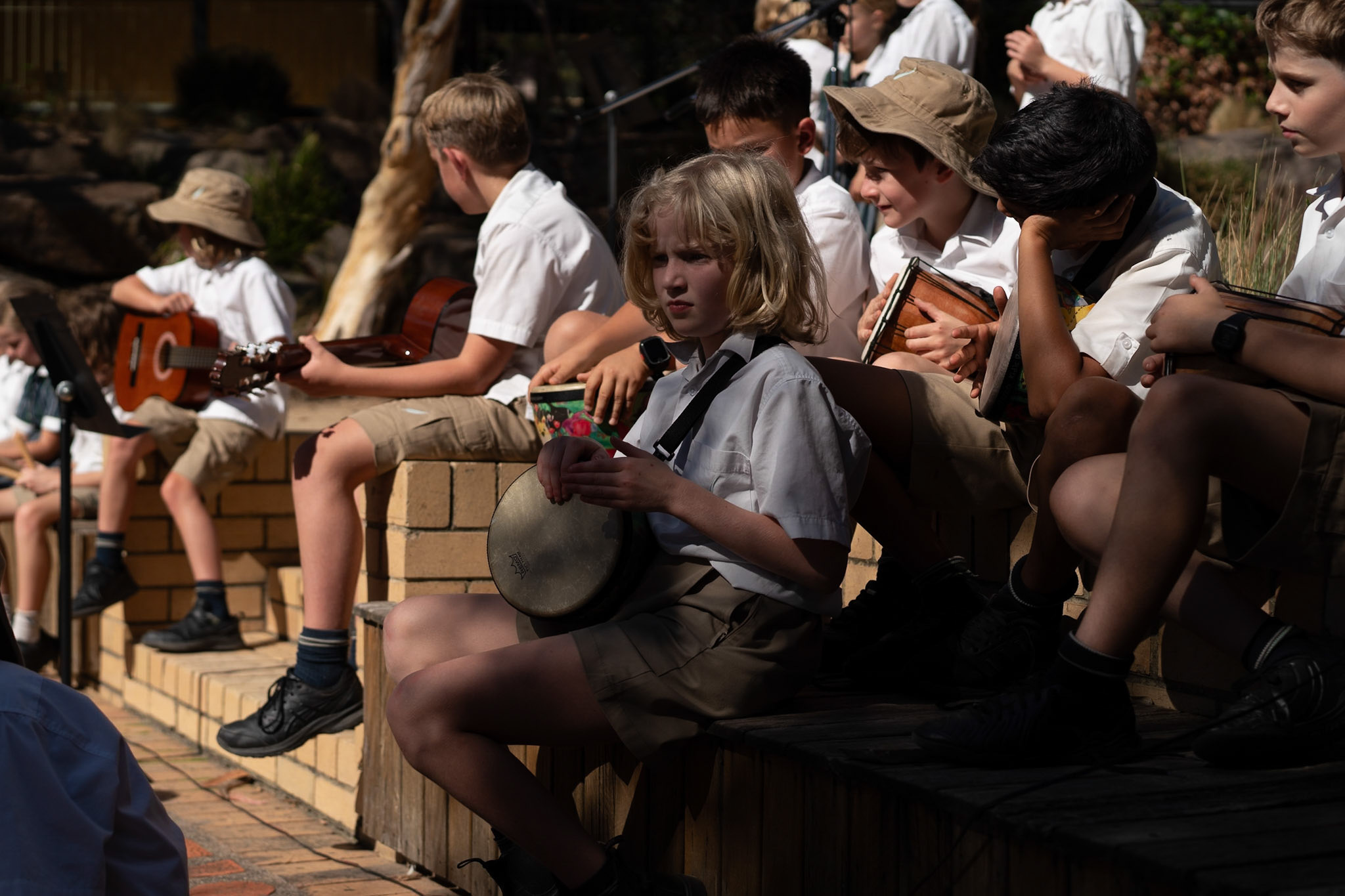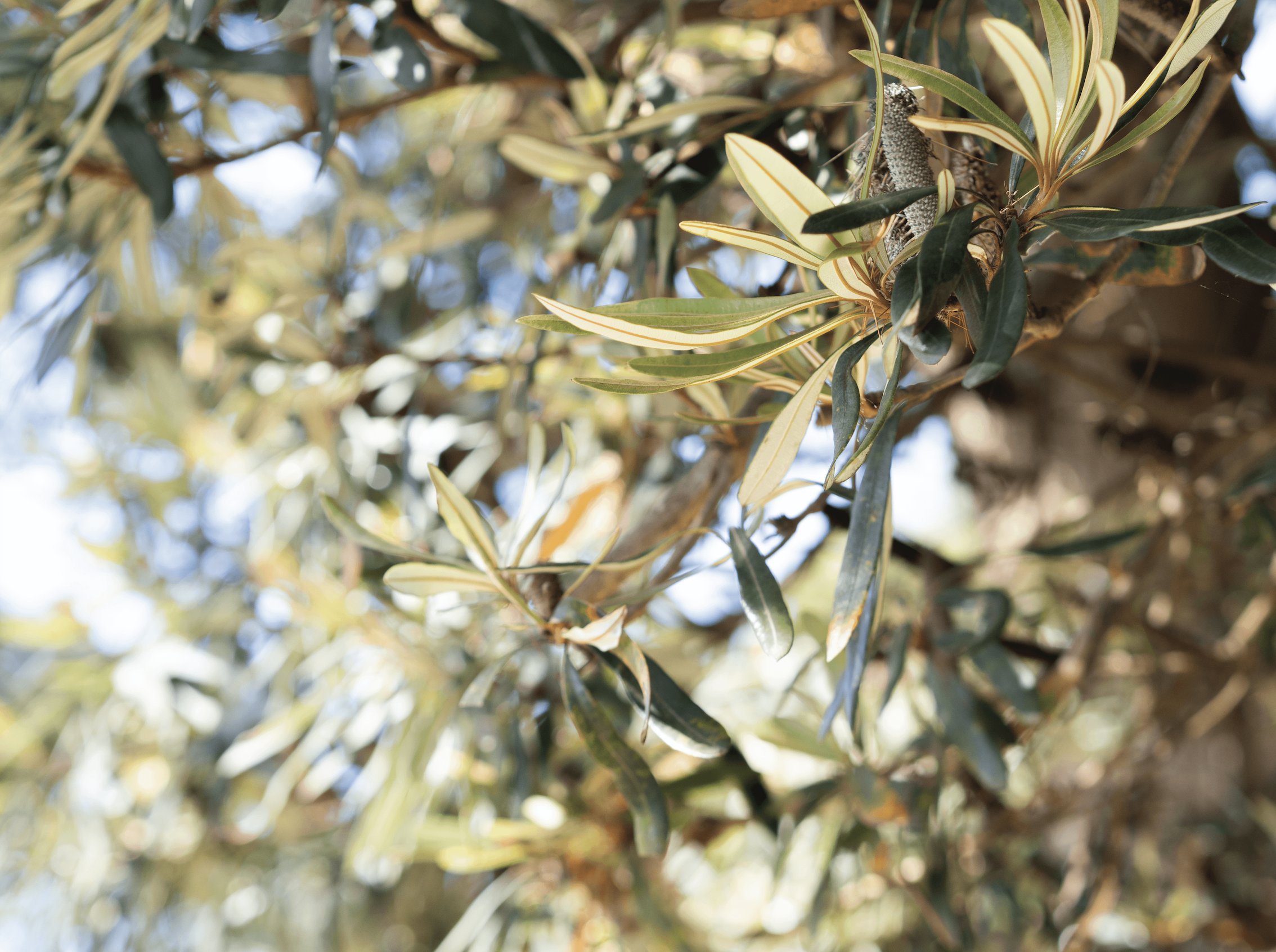
What Kind of Learners Do We Grow at Woodleigh?
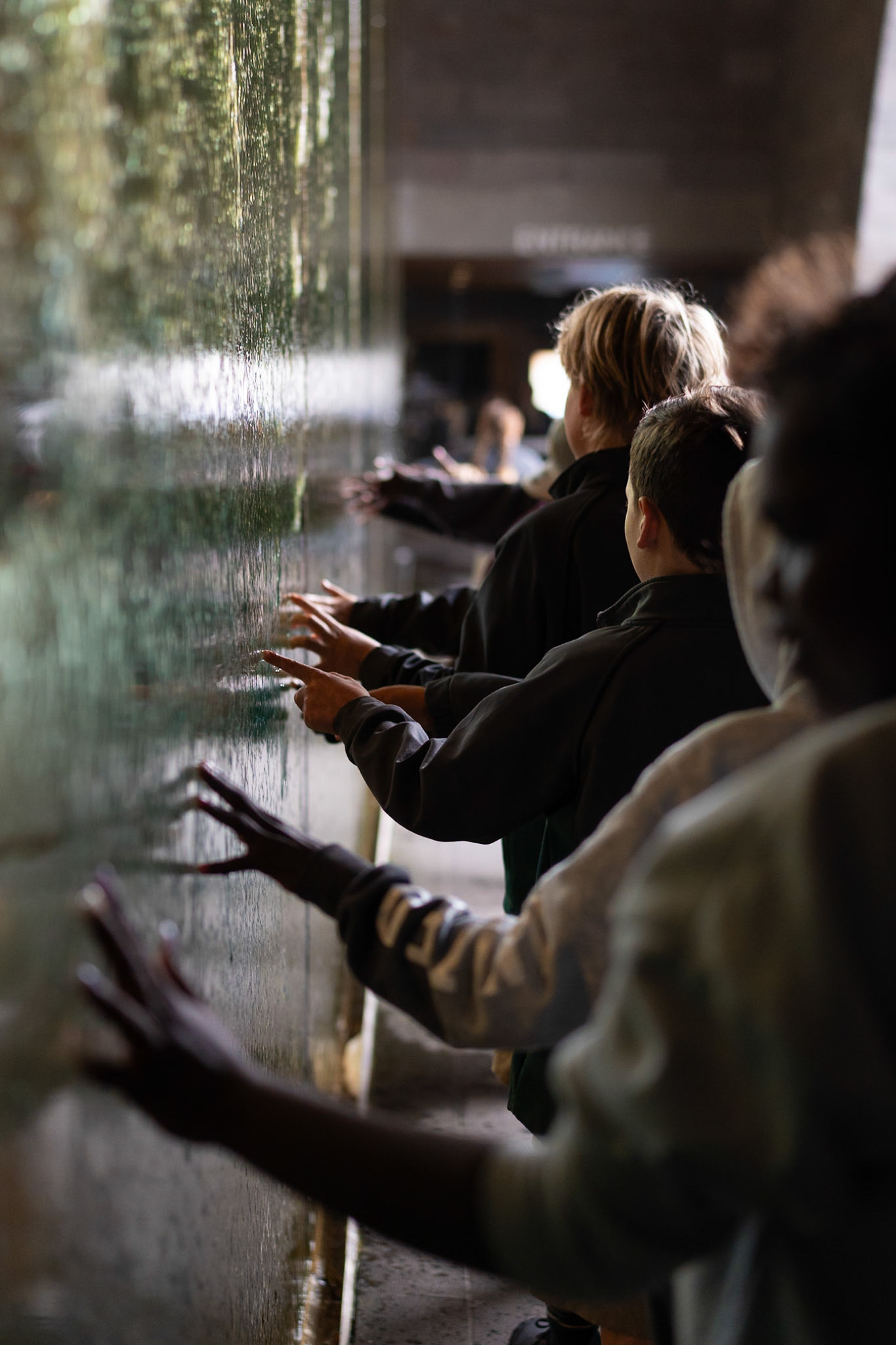
It may sound like a simple question, but let's first ask ourselves - what do we mean when we say, learner? We’re not talking about finished products of schooling, graduates waved off with a certificate that has no bearing on who they are and all the days leading them to that point. We are referring to something more alive, someone actively engaging with the world, an evolving mindset, the questioning and cultivating of values, building of skillsets and emotional literacy - learning how to learn.
At Woodleigh, we look beyond the number on your certificate. You still get one, but you get more. Learners leave Woodleigh as thinkers, collaborators, questioners and changemakers, not for a distant future, but for now.
How do we go about growing these learners? It begins in the earliest days of ECC, when creative thinking and curiosity are unfiltered. As an IB School, we are guided by the ten attributes of the Learner Profile. They are not abstract ideas pinned on the wall at Woodleigh; they are lived qualities that form a shared language of learning and a foundation for character development.
When we care about something, when we really care, how does it change the way we engage with it? In the context of learning, let’s consider the Minimbah Creek. This is a place that connects the school and the local community and is a much-loved piece of students’ school life, having spent so much time at the creek in their Foundation year. Students are emotionally connected to its health and survival. When our Year 5s realised the creek bank - having been cleared for building - suffered severe erosion causing land slips, they fully engaged. They rallied the community by writing personalised letters to neighbours, held meetings and collaboratively problem-solved to design a sustainable solution. The local council were called upon to assist in the revegetation solution and called for the space to be rested to enable the regeneration to take hold, and the land responded.
If they had read about erosion and landslides in a dusty old textbook, they might have recalled the terminology. But would they have cared, remembered? Acted upon a real-life solution?
Our Foundation, Year 1 & 2 students at Penbank created a living museum of artefacts celebrating their family's stories. Each young, curious, and creative mind, looking for connection, contributed something meaningful to the museum: a photo, an object, a piece of clothing - something rich with emotional significance. Everyone shared their stories with their friends, but also with the wider school community. Curiosity, questions, empathy and connection naturally followed. These artefacts were more than old items on display; they ignited endless storytelling and pride through tales of lived experience.
If they had read about culture and identity in a textbook, would they have felt connection, care? Asked questions? Broadened their perspectives? More than a classroom activity; it was a celebration of identity and belonging.
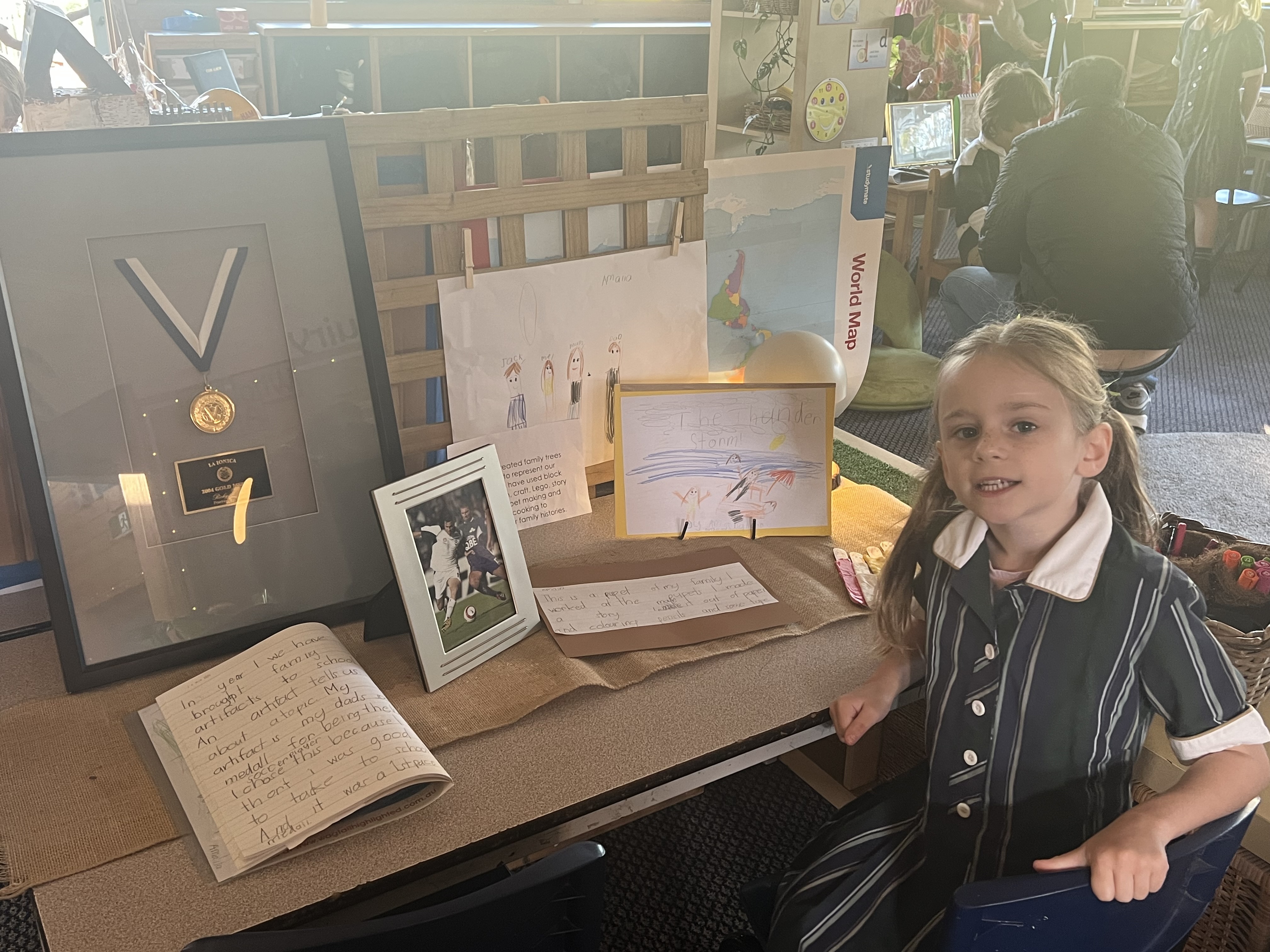
This solution-seeking, values-driven and emotionally engaged mindset is the essence of Woodleigh’s progressive philosophy. Imagine this on a greater scale, further from home. It challenges traditional models of education and embraces a holistic, future-focused approach. It is the IB mission in action: to create a better and more peaceful world through intercultural understanding and respect.
In a world increasingly defined by complexity, academic excellence alone isn’t enough. What matters is what our learners choose to do with what they know. In our classrooms and outdoor learning spaces, we see the Learner Profile in action every day. We see it when a Year 3 student leads a conversation about fairness during group work and then at recess, developing their negotiation skills and becoming a confident communicator. We see the Learner Profile in action when a Foundation child persists with curiosity through a challenging Science provocation, becoming an inquirer by testing and theorising to discover how machines work. These are not isolated moments; they are expressions of care and engagement and what matters most in our approach to education.
By embracing the attributes of the IB Learner Profile, Woodleigh students don’t just prepare for exams; they prepare for life. They leave our Junior Campuses with a strong sense of identity and agency, ready and with the know-how, to contribute meaningfully to the world around them. In doing so, carry the heart of Woodleigh forward, one learner, one action, one future, one solution at a time.
Ask your child what it means to them to be balanced, caring, to be a communicator, courageous, an inquirer, knowledgeable, open-minded, principled and a reflective thinker. These are the ten attributes of the Learner Profile. These are the learners we are growing.
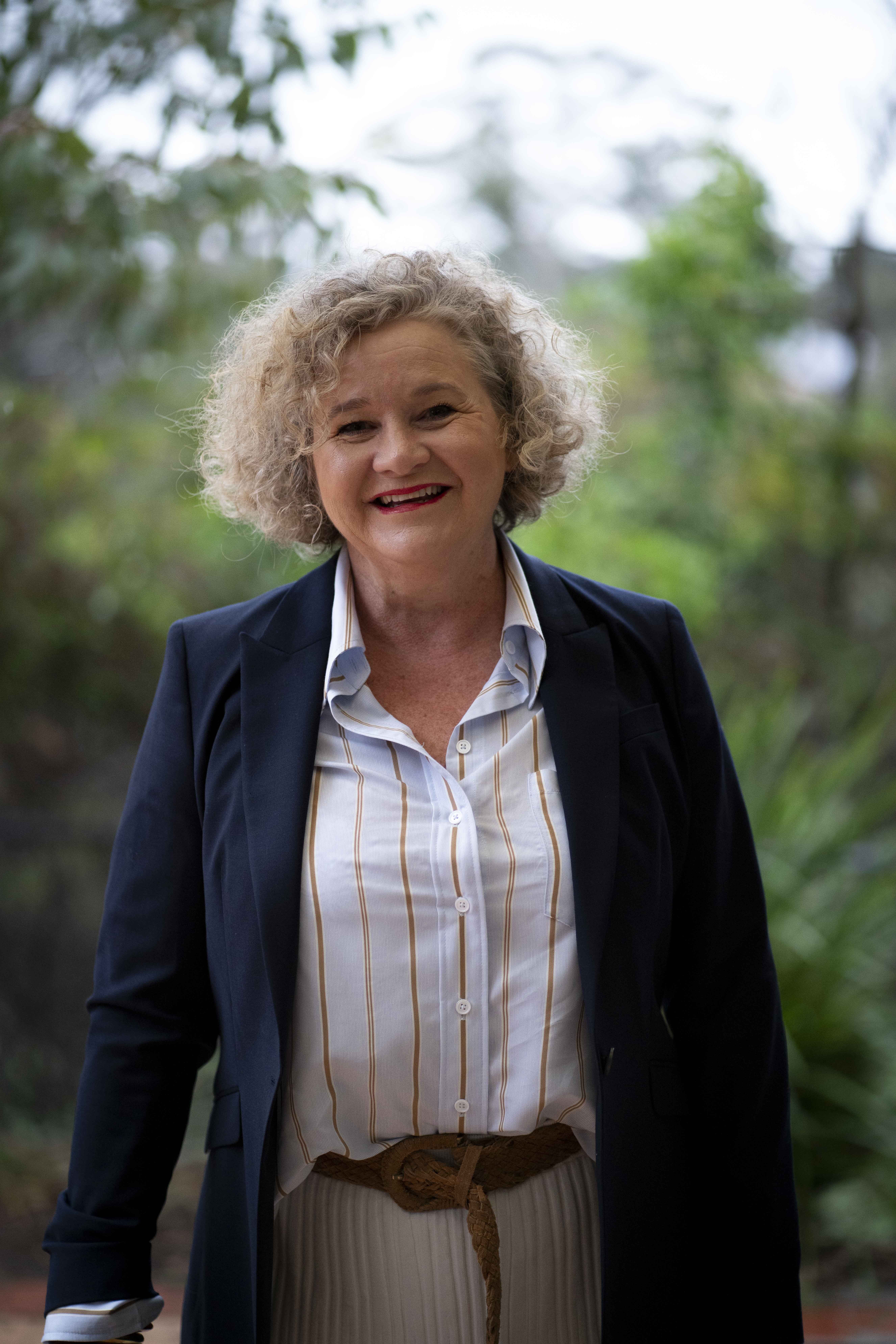
Share this article
Keep reading
More articles from Woodleigh School
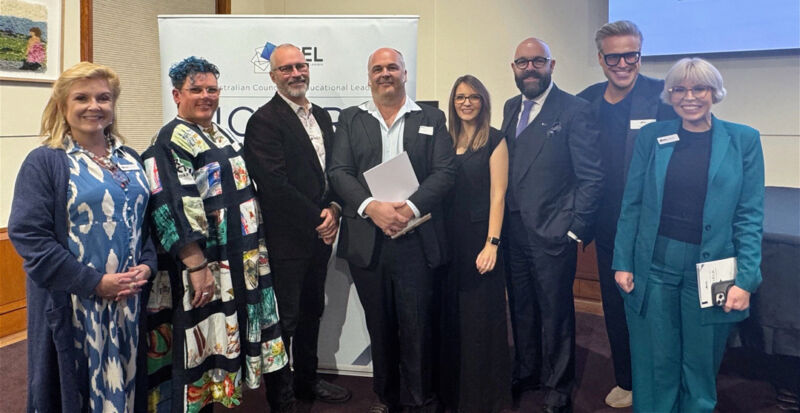
Dr Richard Owens honoured as Woodleigh's second recipient of the ACEL Hedley Beare Educator of the Year Award
Continue Reading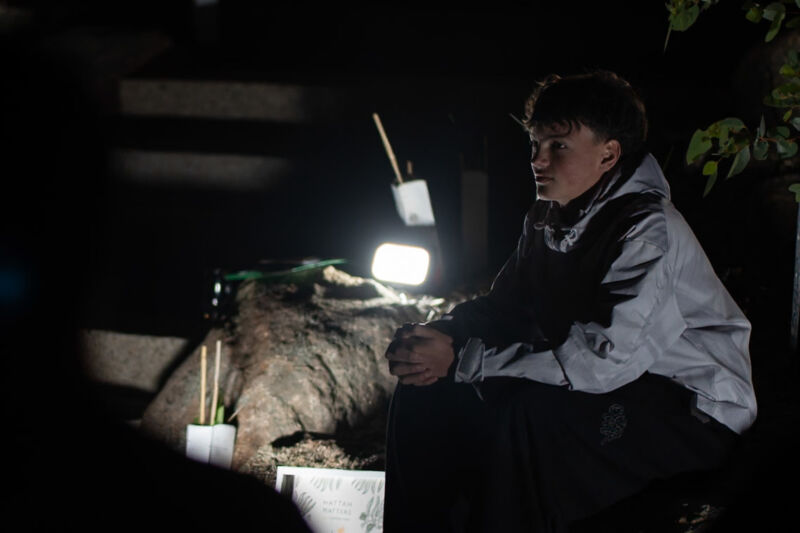
And what does it mean for Woodleigh students? Regenerative learning at Woodleigh goes beyond sustainability. Through the Regenerative Futures Program, Year 10 students engage in deep, purposeful learning. Inspired by global thought leaders, this approach offers students a hopeful, actionable path forward, empowering them to become contributors to a flourishing future built on possibility and renewal.
Continue Reading
Hannah Watts is an MYP and VCE teacher at Woodleigh, empowering students to become thoughtful and expressive people.
Continue Reading